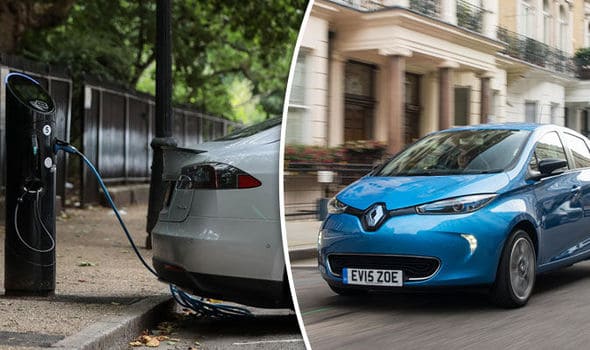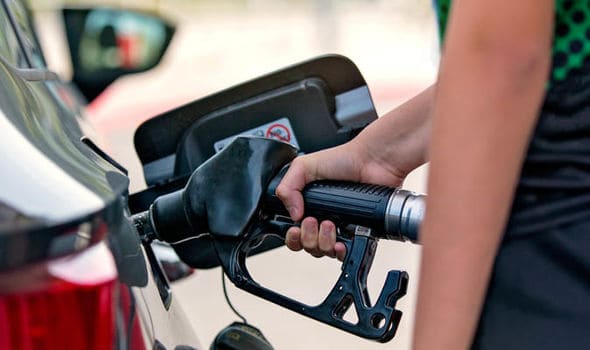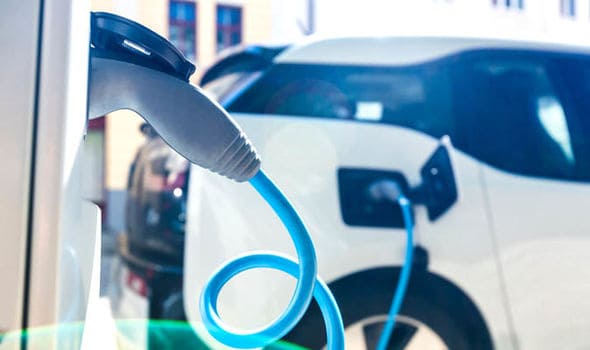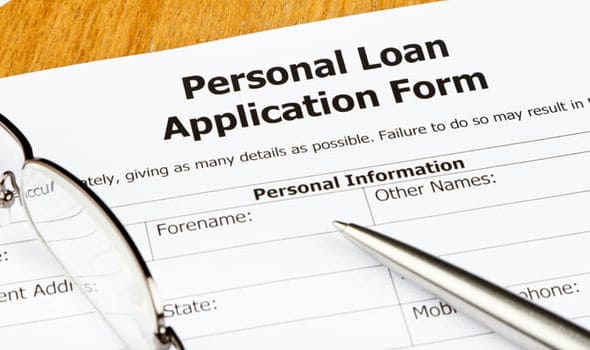
The site’s motoring expert Mat Watson expects a similar surge this month: “Upgrading to a new car does not have to be as expensive as you think thanks to popular finance options, such as a personal contract plan (PCP).”
These typically have helped millions hit the road for a low initial outlay, so what is the best way to upgrade your motor?
WHAT CAR
Car buyers now face an added layer of complexity as they must choose between diesel, petrol, electric or hybrid cars.
Many now worry about buying diesel, as politicians target them over emissions fears, but Watson says do not rule them out: “If you drive short distances in the city, diesel is probably not your best option, but it can still work best for regular long distances.”
He warns against buying an older, more polluting model, and says look for one that meets Euro 6 emissions regulations instead, especially if driving in central London, where an Ultra Low Emissions Zone is due to be introduced next year.
“From April 1, if you buy a diesel engine that does not comply with Euro 6 you will have to pay one band higher in road tax for the first year of ownership. The cost can range from £20 for a Ford Fiesta to £500 for a Porsche Cayenne, so ask your dealer.”
Diesel may still be more economical, depending on your mileage: “If it cuts your fuel bills, it still may be right for you,” Watson adds.

ELECTRIC AVENUE
From 2040, motor manufacturers will be banned from selling purely diesel or petrol engines, although they can still sell combined electric hybrids.
Watson says this deadline will not affect cars bought today: “People who buy a diesel or petrol car before 2040 can still use them afterwards.”
Growing numbers are considering electric, but he says they work best for those living in town with easy access to charging points.
Many motorists suffer from “range anxiety”, the fear that a purely electric car will run out of charge and leave them stranded.
This is understandable, given the lack of charging points and loading times ranging from 30 minutes to 12 hours, Watson says: “A hybrid may be a better option if you drive longer distances, as you have the back-up of a petrol or diesel engine.”
He says manufacturers are continually improving the range electric cars can achieve: “The Nissan Leaf has a range of 235 miles and we can soon expect to see a 310-mile version.”
PRICE SHOCK
If buying electric, make sure the initial extra cost is worth the savings you will eventually make from cheaper power. Charging an electric car at home costs about £3.
Given the average range of about 150 miles, that saves you around £12 on the equivalent cost of diesel, Watson calculates.
Maintenance costs are also lower as electric cars have fewer moving parts: “They are becoming cheaper to buy as the cost of battery technology falls, and you may get a government grant to reduce the bill.”
The concern is that the resale value is so much poorer, as no one knows how long today’s batteries will last.

There are now 100,000 electric cars registered in the UK, although this is a rapid increase from just 2,129 five years ago, according to the Department for Transport.
The Mitsubishi Outlander, Nissan Leaf, Mercedes C Class, BMW 3 series and Renault Zoe are among the most popular electrics and hybrids.
However, there are questions over whether infrastructure can keep up, with the numbers expected to hit 700,000 by 2020.
Simon Bayley, sales and marketing director at Moneybarn, says: “Motorists need peace of mind that they can complete journeys without the worry of running out of power or facing long charging delays.”
HIRE CAR
You also need to work out how to pay for your car. Cash is still king of the road and can help you haggle on the forecourt, but for the majority of buyers, there is credit, and on increasingly attractive terms.
Hire purchase, or HP, is an old favourite that lets you spread the cost of your car over a number of years, typically three to five years, with no mileage limits.
Money.co.uk editor-inchief Hannah Maundrell says once you have made the final payment you own the car outright: “However, you will not own the car until you have made that last payment.”
PERSONAL CHOICE
HP has been overtaken by PCP, when you slap down an initial deposit then make monthly payments over two to four years.
At the end, you either hand the car back or make a final balloon payment to buy the car outright from the dealer.
Maundrell says monthly payments are generally cheaper than HP.
“However, you do not own the car and will need to agree a mileage limit with your dealer, with penalties for exceeding it.”
Personal contract hire is another option, where you make an initial deposit, then monthly payments for between one and three years, before handing the car back: “The process is then repeated so you get a new car every few years. Again, watch out for mileage limitations.”

DRIVE A BARGAIN
A personal loan is another option, with rates starting from around 3 per cent, and you own the car outright provided you keep up your payments.
Maundrell says: “The downside is that as you typically take a loan from a bank, you have less bargaining power on the forecourt.”
You could even buy on a credit card charging zero interest on purchases for an introductory period, but will need to be disciplined.
She warns: “Treat your card like a loan, setting up equal monthly instalments to pay it off before you are charged interest.”
She also recommends working out the tax and insurance implications of your make and model, and shopping around to find the best dealer and finance combination.
Do not allow yourself to be rushed into a decision. If a car dealer is getting pushy, put your foot down.
























